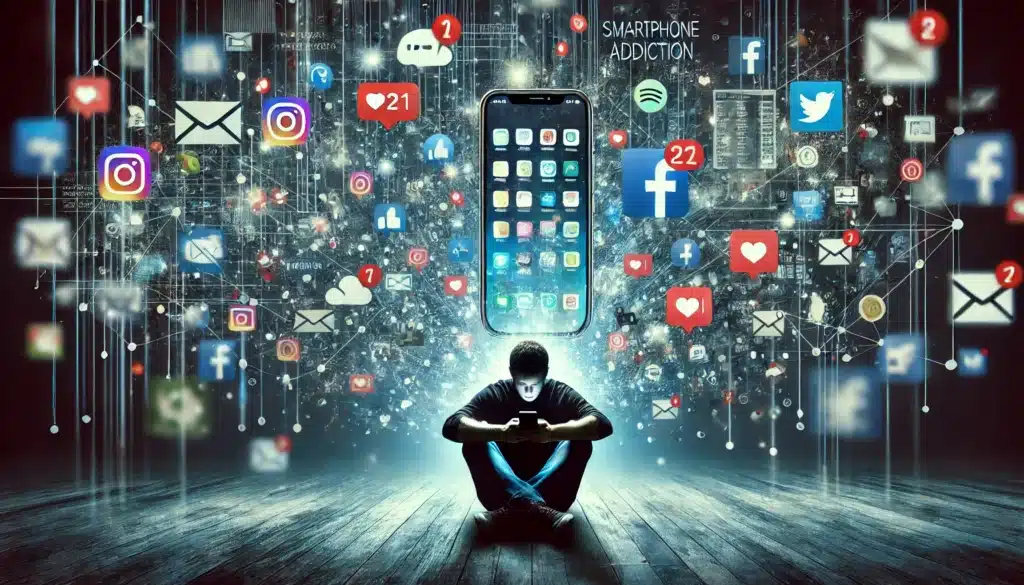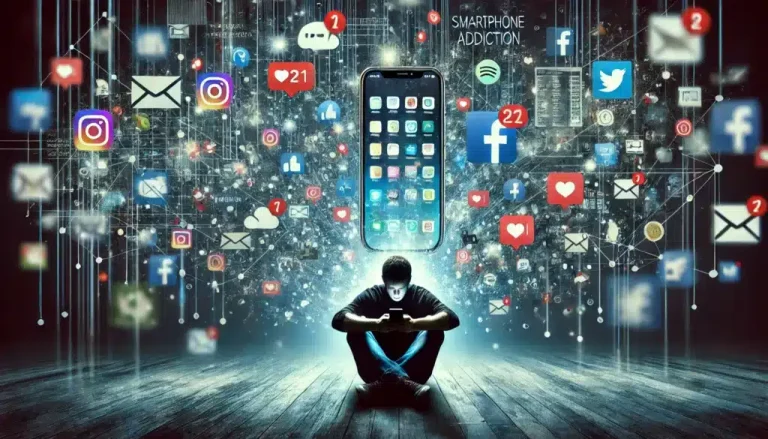As concerns grow around smartphone addiction, particularly among younger generations, a new entrant in the digital detox market has made waves: the Barbie-branded flip phone. This phone, launched in the UK and Europe by HMD Global, has been designed with limited functionality, claiming to help users, especially teenagers, break free from their dependence on smartphones. But can a device tied to one of the world’s most iconic brands really combat the allure of modern smartphones?
How the Barbie Flip Phone Promotes Digital Detox
The Barbie flip phone offers a back-to-basics approach, with limited features that set it apart from today’s app-laden smartphones. This nostalgic flip phone doesn’t have a front-facing camera, supports only basic SMS texting, and lacks access to app stores or social media platforms. By stripping the phone of these modern conveniences, it encourages users to disconnect from the constant barrage of notifications and social media pressures that define today’s smartphone experiences.
While some may argue that users could simply switch to “dumbphones” or basic phones without a Barbie theme, HMD Global believes the Barbie branding will appeal to young users who may be tempted by the fun, colorful design. At £99, the Barbie flip phone is also aimed at parents looking to give their children a functional but restricted device that prevents them from spending hours scrolling through apps.
Smartphone Addiction: A Growing Problem Among Teens
The rise of smartphone addiction has been well-documented, with research showing that excessive smartphone use can lead to mental health issues, including anxiety, depression, and sleep disruption. Teenagers are particularly vulnerable, as they are often drawn to social media platforms where comparison, validation-seeking, and the fear of missing out (FOMO) can exacerbate these problems.
The Barbie phone’s limited functionality is seen as a tool for digital detox, a way to reduce the impulse to check notifications constantly. By forcing users to rely solely on calling and basic messaging, the phone aims to create healthier digital habits and reduce the mental health strain associated with smartphone overuse.
The Role of Simplicity in Beating Smartphone Addiction
The simplicity of the Barbie flip phone recalls the early days of mobile technology, before the advent of smartphones and app culture. Without the endless stream of updates, notifications, and social media distractions, users are encouraged to live more mindfully and focus on real-world interactions. The absence of apps, particularly social media, is a deliberate design choice to prevent users from becoming addicted to their devices.
While some experts suggest that removing smartphones entirely from young people’s lives might not be a practical long-term solution, they acknowledge the need for tools that promote responsible usage. The Barbie flip phone may offer one such solution by teaching users how to engage mindfully with technology.
Can Barbie Really Help Beat Smartphone Addiction?
There is no denying the marketing power behind the Barbie brand, which could make the Barbie flip phone a popular choice among young users. However, the question remains: Can it effectively reduce smartphone addiction? Some experts are skeptical, suggesting that while the phone might serve as a temporary break from smartphone overuse, it may not fully address the deeper psychological and societal factors that drive addiction.
Nonetheless, the Barbie flip phone taps into a growing trend of digital minimalism, where consumers actively seek out devices that help them manage their digital consumption. With its retro design and limited features, this phone could encourage more meaningful, real-world interactions, but it is not a magic cure for addiction.

Conclusion
The launch of the Barbie flip phone highlights an innovative approach to addressing smartphone addiction, especially among teenagers. While its success in promoting long-term behavior change remains to be seen, the phone’s simplicity and fun design may appeal to users seeking a break from the overstimulating nature of modern smartphones. By encouraging digital detox, the Barbie flip phone could help young users take the first steps toward mindful technology use.
